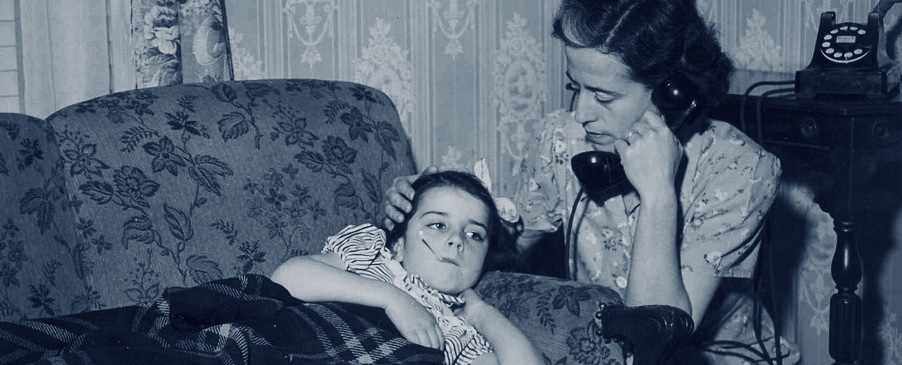
Here’s why I don’t give my cell phone number to patients
So while your mileage may vary, here are some of the reasons why 24/7 access is not a good idea for me and my patients:
I’m at dinner and just had two glasses of wine. I shouldn’t be dispensing advice in that circumstance. And if I did, you shouldn’t want it.
I’m in Tazmania. This has happened while speaking in Australia. A problem arose with a patient who had my number. ‘Let’s try Dr. V.’ But its 2:30 AM Oz time. And once I’m called my mind’s involved. And I’m up.
I have no idea who you are. Despite the fantasy that our doctors remember everything about us, I don’t remember everything about my patients. When I’m on call I’m primed to access Epic at home or in the hospital. At a moment’s notice I can see what’s going on. And here’s a tip: never trust a doctor who says he remembers everything about you.
I can’t hear what your saying. When I’m on call I try to avoid stadiums, amphitheaters, pep rallies, pool parties, etc. When you have a problem you want someone available who is ready to hear your problem. And yes, I’ve taken plenty of weekends when I had no choice but to wait for my daughter after a party at Chucky Cheese – But I do my best to avoid it on my weekends because it’s just too difficult.
I’m not in the ‘on call zone.’ Ohio family practitioner Mike Sevilla traditionally begins his call weekends on Twitter by announcing, “Let’s do this America.” Like Dr. Sevilla, most of us on call are primed to answer, admit, refer and advise. It’s ‘our weekend.’ At home I keep Epic open and try to enter my phone notes as soon as I complete the call (Epic actually has a great iPhone app). I’m just in that mode of doing and documenting. In a way, I’m in the moment.
[If you like this post you’ll definitely like the 33 charts newsletter. Original thinking and analysis right to your inbox. Sign up over here]
Are there circumstances where I give my cell phone number to patients?
Absolutely. Direct contact represents a great solution for patients and me in certain cases. The classic situation is Friday afternoon when I am returning phone calls and not on for the weekend. If I’m dispensing an odd compounded medication that I know is problematic to fill, I don’t want my on-call associate to have to try to sort out what I wanted while the family waits at the pharmacy. Another case is the critical MRI at the end of the day when I’m playing phone tag with a family.
In all these cases I finish up with, ‘If you have any other questions this weekend or tonight, Dr. Chu is on call and he’s great.’ This makes it clear that I’m not accessible 24/7.
So while lots of my patients have my cell phone number, they all know our protocol for emergency calls at night and on weekends. I’m never called on my cell outside of these circumstances.
Our best care doesn’t happen when we’re available all the time
Coverage is good because it puts us in the right mindset and on-the-spot for emergencies and problems. More importantly it allows those not on on the spot to disconnect and be more mindful and connected on Monday morning when they return to their patients.
Patients deserve our best attention and that doesn’t come when we’re always available.
For physicians looking to block their caller ID, I would recommend Doximity Dialer. This is a clever little app that allows you to dial out while showing the caller ID of your clinic or hospital (disclosure: I’m an advisor to Doximity).
Image modified from Ted Kerwin Flickr.